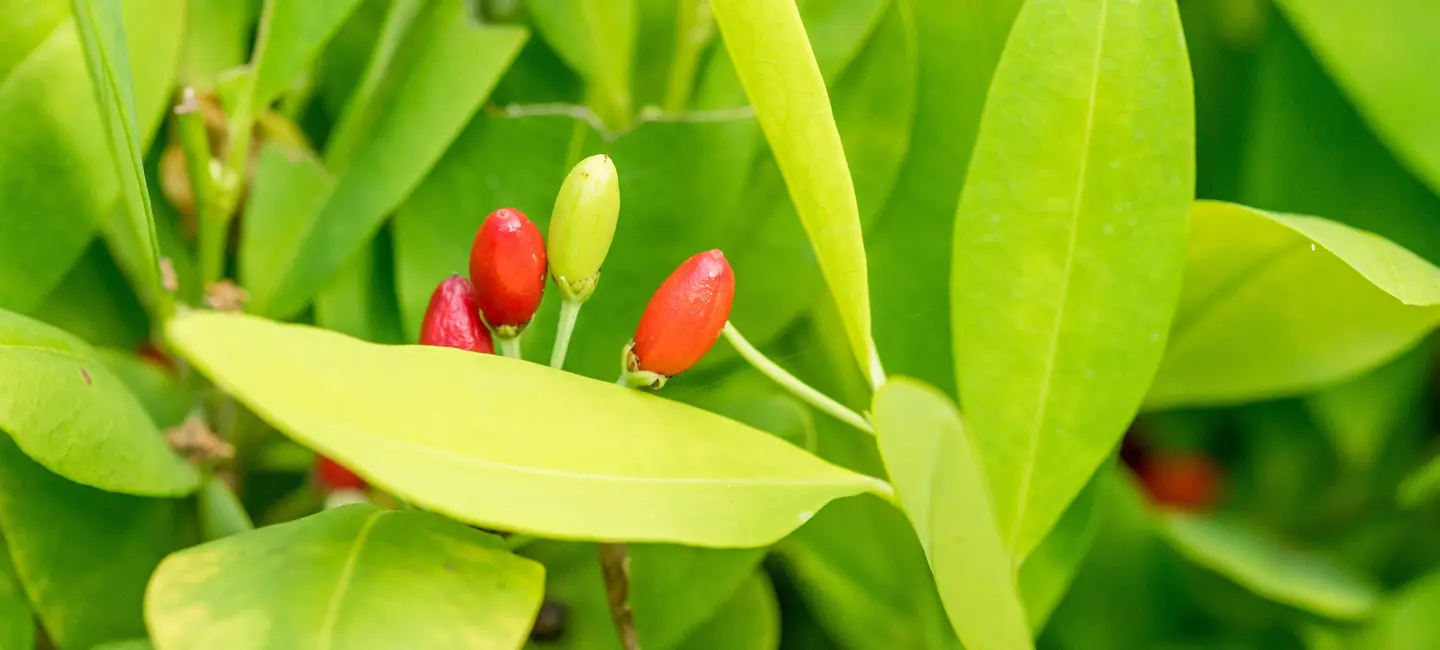
Coca (Erythroxylum coca) is a plant. The leaves are sometimes used to make medicinal tea. They are also a source of cocaine, an illegal drug in the US.
The cocaine found in coca can cause an increase in brain activity and have numbing (anesthetic) effects. Cocaine is highly addictive.
People use coca leaves for fatigue, asthma, altitude sickness, and other conditions, but there is no good scientific evidence to support these uses. Using coca can also be unsafe.
Is It Effective?
NatMed Pro rates effectiveness based on scientific evidence according to the following scale: Effective, Likely Effective, Possibly Effective, Possibly Ineffective, Likely Ineffective, Ineffective, and Insufficient Evidence to Rate.
- Athletic performance. Coca increases heart rate but it doesn't seem to improve the body's ability to exercise.
There is interest in using coca for a number of other purposes, but there isn't enough reliable information to say whether it might be helpful.
Is it Safe?
When taken by mouth: Coca leaf that has had the cocaine removed (decocainized) is commonly used as a food flavoring. There isn't enough reliable information to know if regular coca leaves are safe. But the cocaine contained in coca leaves is likely unsafe. Cocaine is illegal in the US and can cause serious side effects such as migraines, seizures, strokes, heart attacks, high blood pressure, and liver and kidney failure. As little as 1/4 of a teaspoon of cocaine can be deadly. Cocaine is highly addictive.
When inhaled: The cocaine contained in coca leaves is unsafe. Cocaine is illegal and can cause serious side effects such as migraines, seizures, strokes, heart attacks, high blood pressure, and liver and kidney failure. As little as 1/4 of a teaspoon of cocaine can be deadly. Cocaine is highly addictive.
Special Precautions & Warnings:
Pregnancy: It's unsafe to use coca when pregnant. The cocaine in coca might cause a miscarriage or birth defects. Coca use is also linked to sudden infant death syndrome (SIDS).
Breast-feeding: It's unsafe to use coca when breast-feeding. The cocaine in coca is excreted into breast milk, and harmful effects can occur in infants.
Asthma: The cocaine in coca can make asthma worse. Don't use it.
Heart disease: The cocaine in coca can make heart disease worse. Don't use it.
Diabetes: Coca might increase blood sugar levels in some people. Coca might affect blood sugar control in people with diabetes.
High blood pressure (hypertension): Coca can increase blood pressure. Don't use it.
History of stroke or at risk for stroke: If you have a history of stroke or are at high risk for having a stroke, do not use coca. The cocaine in coca increases the chance of dying from a stroke.
A condition called plasma pseudocholinesterase deficiency (PPD): People with PPD are more likely than others to have seizures and/or die after using coca. Don't use it.
Alcohol (Ethanol)
Interaction Rating=Major Do not take this combination.
Coca contains cocaine. Cocaine can affect your thinking. Alcohol can also affect your thinking. Taking cocaine and alcohol together can cause serious effects on thinking.
Medications for diabetes (Antidiabetes drugs)
Interaction Rating=Moderate Be cautious with this combination.
Coca might increase blood sugar levels. Taking coca along with diabetes medications might reduce the effects of these medications. Monitor your blood sugar closely.
Medications for high blood pressure (Antihypertensive drugs)
Interaction Rating=Moderate Be cautious with this combination.
Coca might increase blood pressure. Taking coca might reduce the effects of blood pressure medications. Monitor your blood pressure closely.
Nifedipine (Procardia)
Interaction Rating=Major Do not take this combination.
Coca contains cocaine. Taking cocaine with nifedipine increases the risk of serious side effects such as seizure.
There are no known interactions with herbs and supplements.
There are no known interactions with foods.
There isn't enough reliable information to know what an appropriate dose of coca might be. But the cocaine found in coca leaves may be unsafe. Speak with a healthcare provider before using.
Bolivian Coca, Coca de Java, Coca Péruvienne, Cocaine Plant, Erythroxylum coca, Erythroxylum novogranatense, Gu Ko Yi, Health Inca Tea, Huanuco Coca, Inca Health Tea, Inca Tea, Java Coca, Mate-de-Coca, Mate de Coca, Peruvian Coca, Spadic, Thé Inca, Truxillo Coca.
Information on this website is for informational use only and is not intended to replace professional medical advice, diagnosis, or treatment. While evidence-based, it is not guaranteed to be error-free and is not intended to meet any particular user’s needs or requirements or to cover all possible uses, safety concerns, interactions, outcomes, or adverse effects. Always check with your doctor or other medical professional before making healthcare decisions (including taking any medication) and do not delay or disregard seeking medical advice or treatment based on any information displayed on this website.
© TRC Healthcare 2024. All rights reserved. Use and/or distribution is permitted only pursuant to a valid license or other permission from TRC Healthcare.
